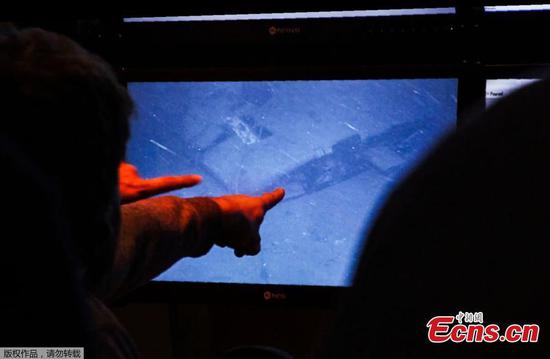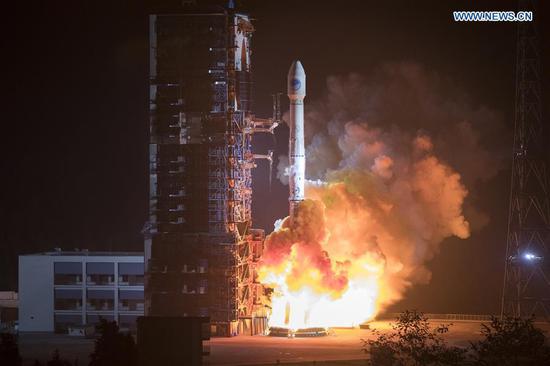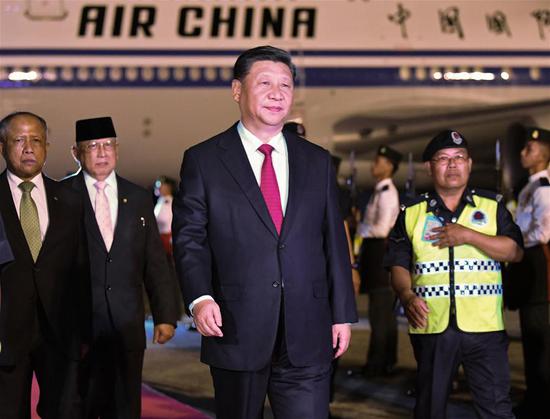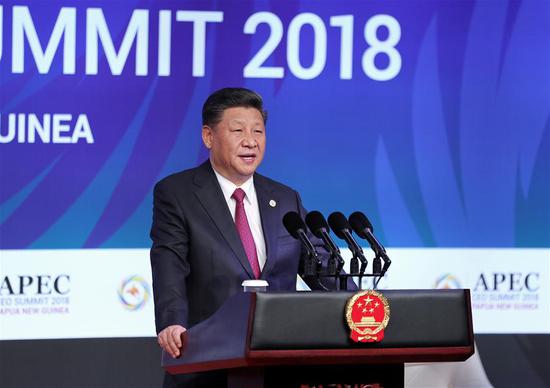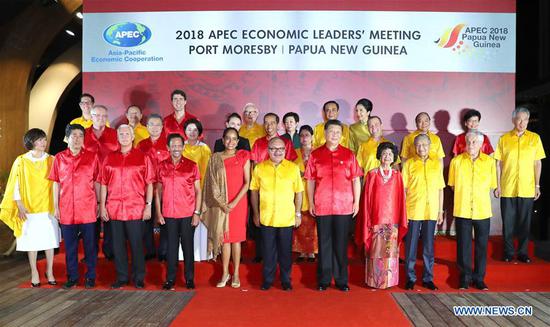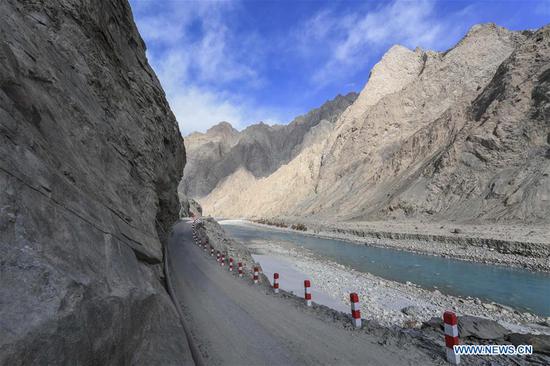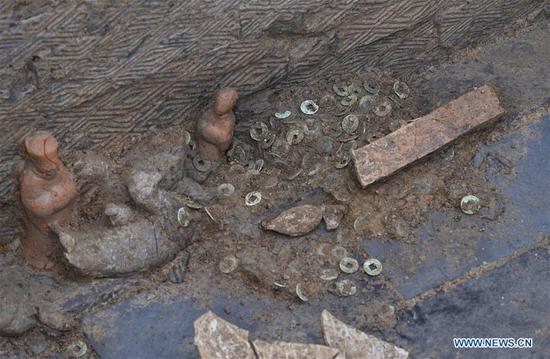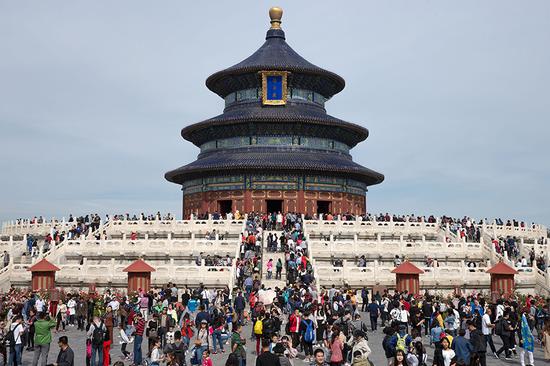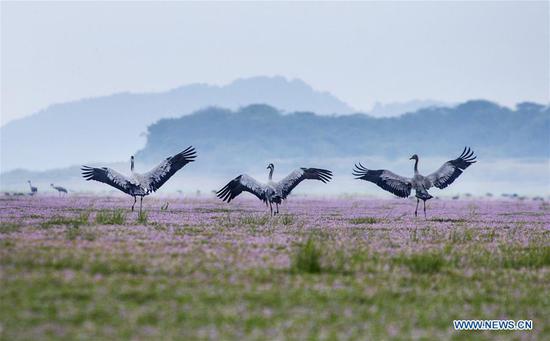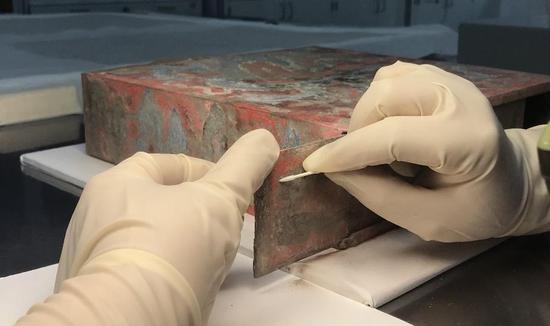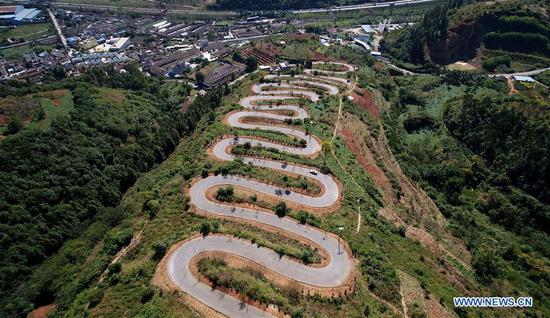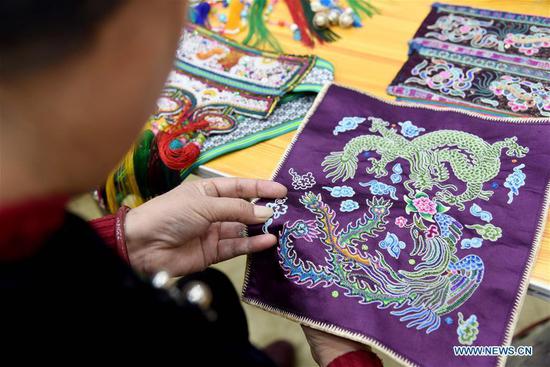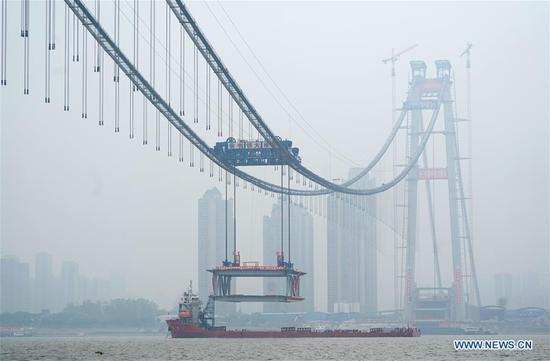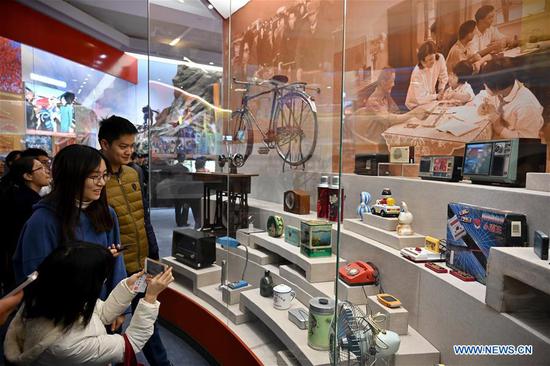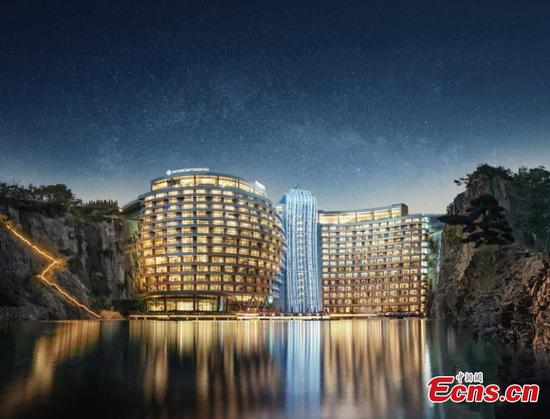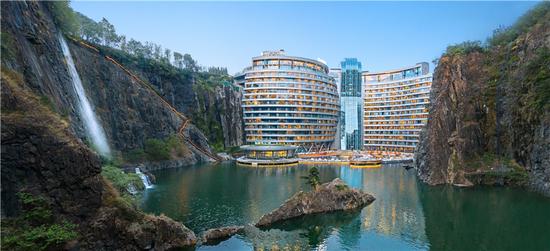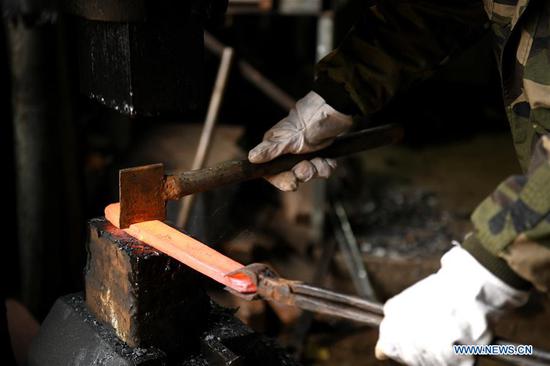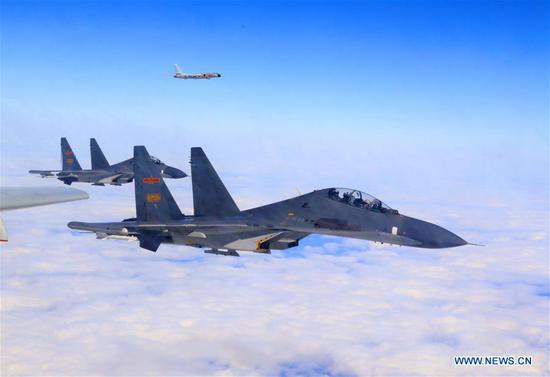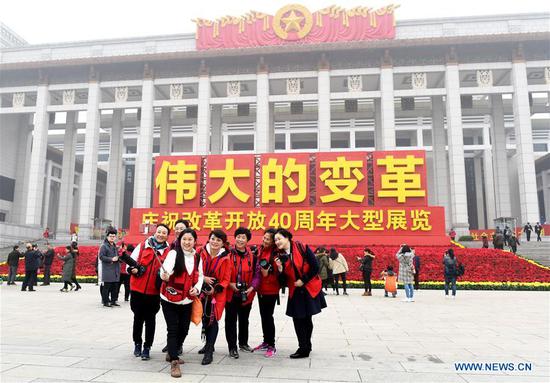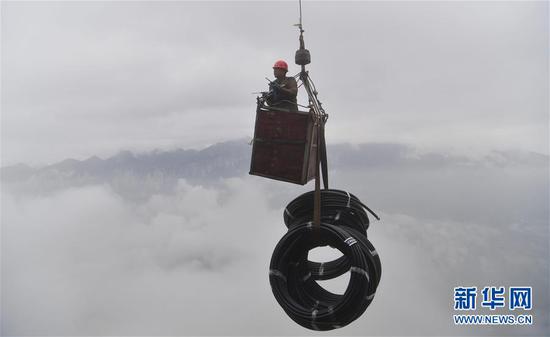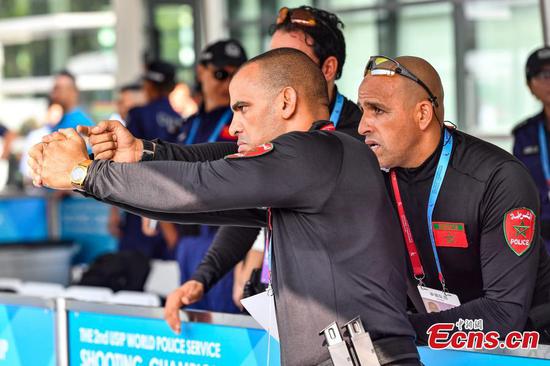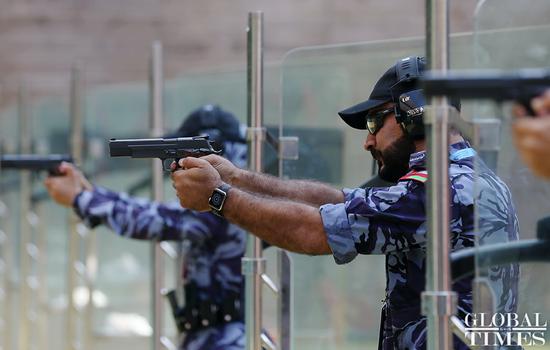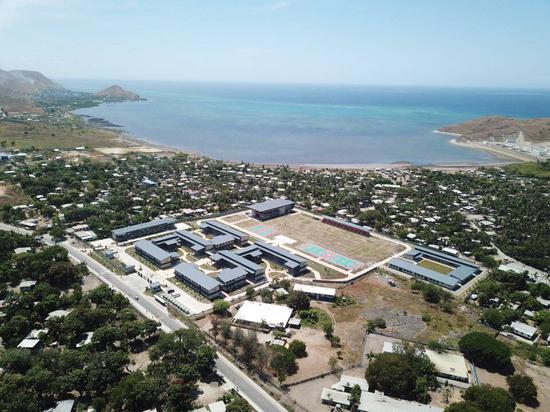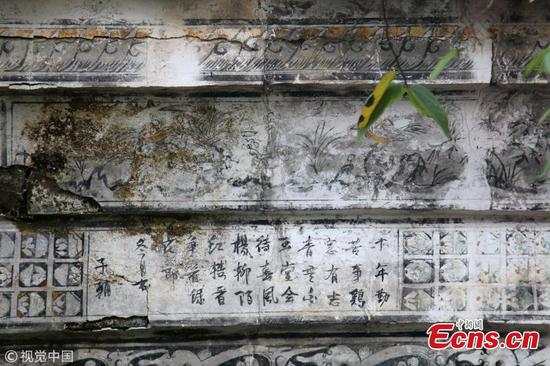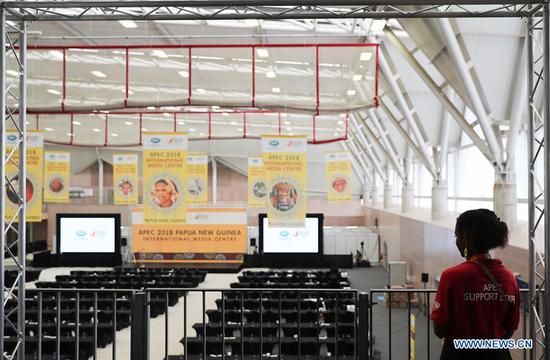With joint efforts of all parties, the 26th Asia-Pacific Economic Cooperation (APEC) Economic Leaders' Meeting achieved positive results, said Chinese officials here Sunday.
The meeting, held at a time when the regional economy is facing both opportunities and challenges, has pushed forward the practical cooperation in various fields within the APEC framework, Wang Xiaolong, director-general of the Department of International Economic Affairs of China's Foreign Ministry, told the press.
China congratulates the success of the meeting, and appreciates the active role of Papua New Guinea as the host, said Wang.
China attaches great importance to the meeting. Chinese President Xi Jinping attended the meeting and delivered a keynote speech. Xi proposed focusing on openness, development, inclusiveness, innovation and a rules-based approach, strengthening international cooperation, improving global economic governance and handling common challenges, Wang said.
Xi put forward proposals on building an open economy in the region, nurture new growth drivers, improve connectivity and deepen partnership, among others, said Wang.
The Chinese leader had indepth exchange of views with other leaders and reached many important consensuses, said Wang.
At the meeting, Xi called on APEC members to continue to promote regional economic integration and draw up a post-2020 vision for the bloc.
Xi highlighted at the meeting that China is a champion of Asia-Pacific cooperation and has taken concrete steps to promote cooperation on the ground.
He pledged that China will increase its input for the development and prosperity of the Asia-Pacific region.
Many leaders attending the event responded positively on Xi's proposals for Asia-Pacific cooperation, applauded China's important role in Asia-Pacific cooperation and said they look forward to r cooperation with China so as to make the region more prosperous, said Wang.
In response to questions about the multilateral trading system, Wang said that during the meeting, most members expressed their support for multilateralism and the multilateral trading system, expecting the World Trade Organization to play its role.
Many members, especially the developing economies, have clearly defined their position to fight against trade protectionism and safeguard the development interests and space of developing countries, said Wang.
Regarding WTO reform, Wang said it should be prohibited to pursue protectionism in the name of reform.
Adhering to the road of open development, China is committed to building an open world economy, promotes regional economic integration, and upholds multilateralism and the multilateral trading system.
When answering questions about the meeting's achievements in economy and trade, Zhang Shaogang, director-general of the Department of International Trade and Economic Affairs of China's Ministry of Commerce, said that the meeting has achieved positive results in five areas.
At the meeting, members made new policy proposals on subjects such as tariff and non-tariff measures, service, and investment, which have facilitated agreements within the bloc toward finalizing the Free Trade Area of the Asia-Pacific (FTAAP), said Zhang.
New progresses have been made regarding the Asia-Pacific Model E-port Network (APMEN) and important results have been achieved in building the international trade in value-added database, he said.
Meanwhile, new cooperative elements have been added to a post-2020 vision for the bloc, within which there is now greater consensus to support the multilateral trading system, said Zhang, adding that it represents a positive input for strengthening global trade and economic cooperation amid rising protectionism and unilateralism.










